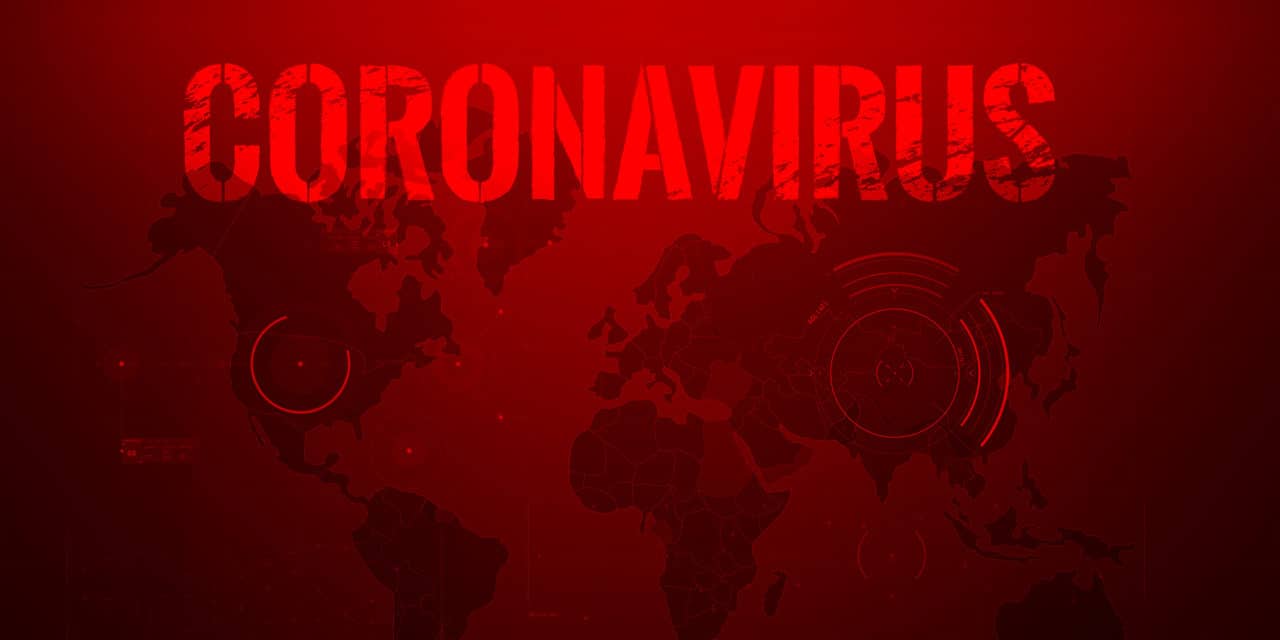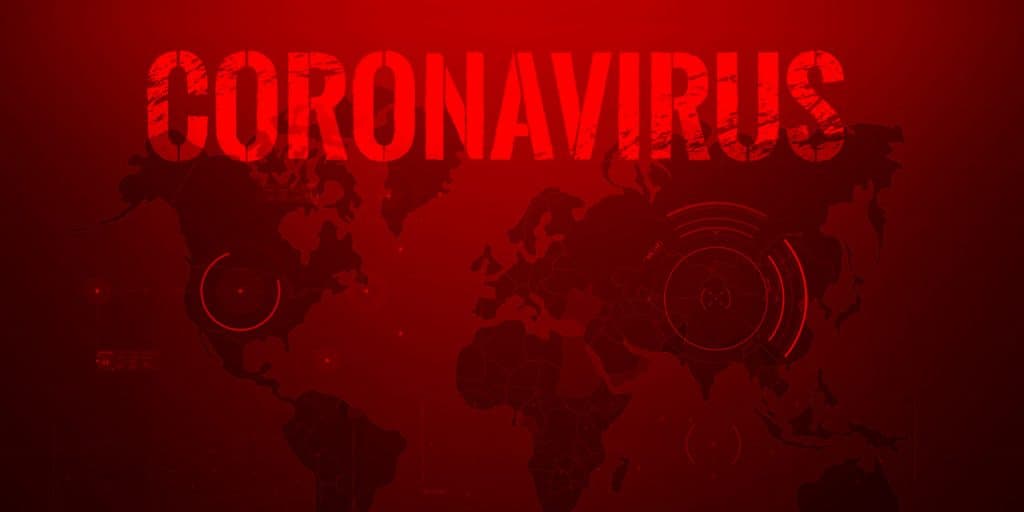
Apocalypse Avoidance

“The clocks stopped at 1:17. A long shear of light and then a series of low concussions…”
Apocalypse descends not in one epic blast but in the inexorable social disintegration following a catastrophe seen from afar. Fifty some pages into Cormac McCarthy’s dystopian novel The Road an attentive reader finally stumbles upon one of the most haunting sentences ever written about social destruction. McCarthy never mentions the actual source of “a long shear of light” and “a series of low concussions” though the reader assumes a nuclear disaster. The novel is not about the cause but the human response to massive disruption — a man and his son wandering across a bleak landscape in search of food, safety and some hope for salvation.
McCarthy’s vision of human behavior in times of grave social crisis might be too bleak for these times, and yet, we have to be realistic about our communal circumstances. Hoarding toilet paper or buying all of the hand sanitizer at Costco is a far cry from McCarthy’s images of cannibals huddled around the campfire, and yet, we are all experiencing moments of near-terror when we see through the thin scrim of our civilization to the chaos that can emerge in the absence of strong moral compasses and compelling ethical leadership. A Washington Post story on long lines at area stores pulls back the curtain on the lurking desperation: “It just felt so strange for shelves to be empty and people fighting over food,” she said. “People were grabbing food out of people’s hands at the frozen section.” There are other reports of long lines at gun shops. The fear of social calamity is not just the product of a robust imagination. Civilization breaks down in the absence of strong, ethical public leadership providing firm direction and assuring people that the crisis is being well managed. On the other hand, there are also videos of Italians singing opera from their balconies during the national lockdown there (leave it to the beautiful romantics inhabiting ancient countries to show the world how to live through a crisis!).
“Pandemic” is a terrifying word, something we all might have thought only happened in byegone days, back in times before modern science and medicine. I’m old enough to remember standing in line outside the local public school in the late 1950’s to get a sugar cube with the Salk vaccine against polio — that was the scary disease in the early and mid-20th Century. Vaccines to protect us against all kinds of disease and illnesses may have also made us complacent about the potential for new viruses to emerge —- disease for which there is no current vaccine.
Coronavirus is such a disease, emerging with a swiftness that has stunned the world. As late as a month ago, the threat seemed half a world away. As late as a week ago, we thought we could still manage the threat without much disruption to our routines. Now, today, March 14, 2020, normal life has come to a virtual halt: “The Day the Earth Stood Still” has become a 21st Century allegory. To stop the spread of this disease, absent a vaccine, we have to distance ourselves from each other, avoid large groups, constantly wash and wipe and sanitize. All routines are stopped. Flights to and from Europe and the US are banned, and other countries as well. Schools are closed, universities operating only online, Broadway is dark, businesses moving to telework, states of emergency declared everywhere. Major league baseball has halted spring training; the NCAA cancelled March Madness; the Boston Marathon is moved to September. In Italy, where the epidemic is at its height, the entire country is on lockdown.
The coronavirus pandemic demands that we take dramatic steps to avoid apocalypse. Epidemiologists predict that millions of people might be infected, with an astonishing death rate, unless we all take immediate action to protect ourselves from a germ that spreads easily and currently has no vaccine to prevent it. We are all living through a global experiment in disease management. This is a learning opportunity, to be sure, while also exposing the many fault lines in our social, governmental and institutional structures.
So far, aside from hoarding behaviors, most people are cooperating with the dramatic changes in our life schedules and plans. What’s been so interesting in the United States is that the private sector and states moved quickly and in concert to take prophylactic actions. Meanwhile, the federal government has been very late in responding effectively, though some movement started late in the week. Economic consequences are roiling the markets; Wall Street had the most volatile week in history, and the impact of sustained closures on many businesses will be devastating absent some massive federal financial support.
As was the case on September 11 and in other kinds of crises we have faced at Trinity, there is no existing playbook telling us how to proceed. We make the best possible decisions for everyone, and constantly monitor the changing circumstances. We have a web page with all of the latest information about how we are responding to this crisis and we send continuous communications to the campus community. Please read the Coronavirus Web Page for all the information you need to know about Trinity’s response.
I am deeply committed to ensuring the health and safety of every member of the Trinity community. At the same time, knowing that our students need to keep moving forward toward earning degrees, we are doing everything possible to keep instruction going with alternative delivery methods. Additionally, since so many of our students rely on our campus infrastructure for housing, food, health services and the computer access support that is essential to do online learning equitably, we are keeping our residence halls and campus services open even as we move instruction to alternative formats. Our staff is doing heroic work making sure that everyone is safe here while also getting the necessary services.
We can and will prevail over this crisis moment — avoid the apocalypse — I am quite sure, but with constant vigilance, teamwork and faith in each other. It’s going to take a lot of hard work and surely a great deal of sacrifice as well to walk our communities back from the sudden disruption of our daily lives. Nobody knows how long this will last. We all need to practice patience, charity, compassion and a spirit of service to each other at this time, more than ever.